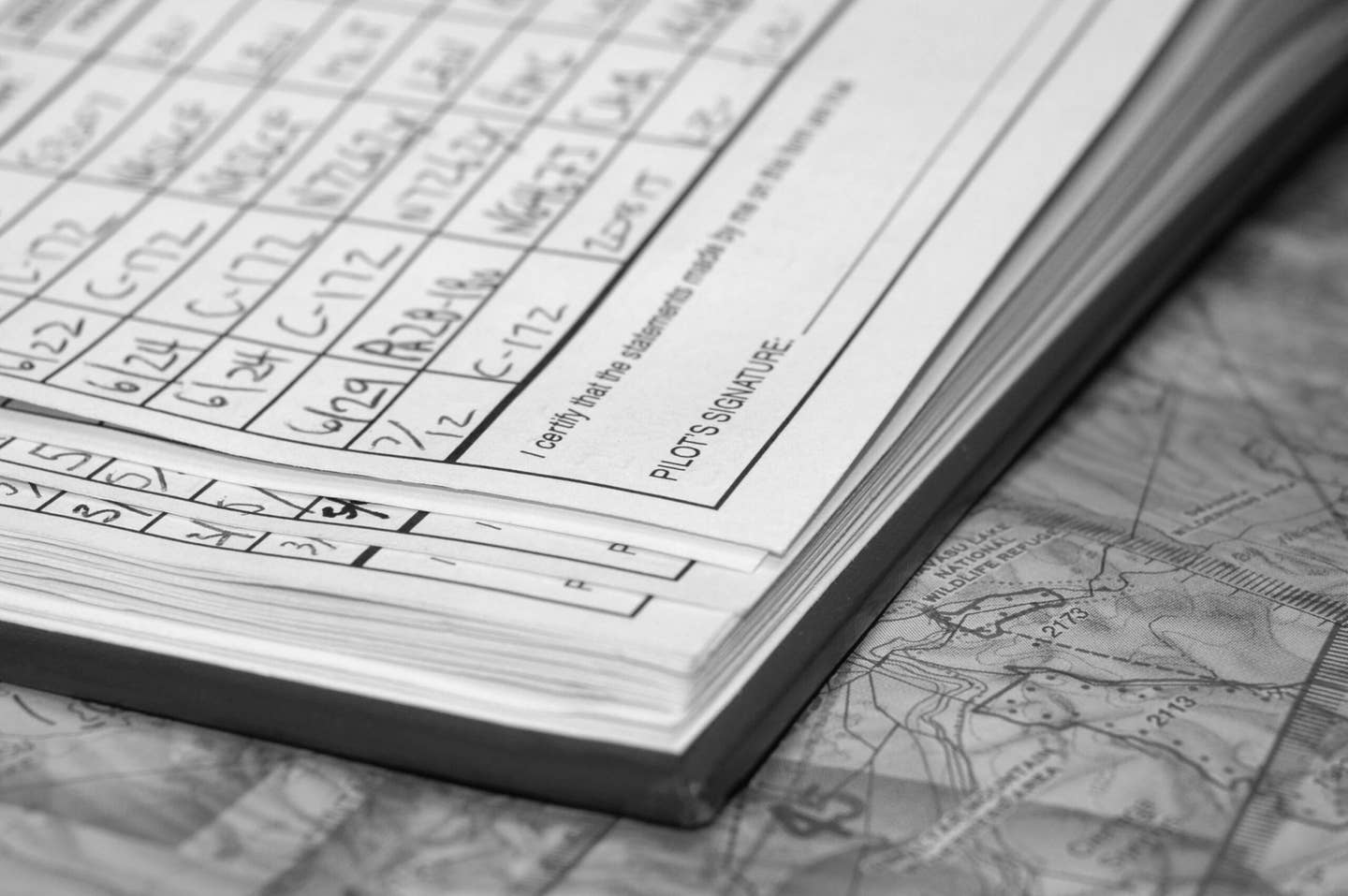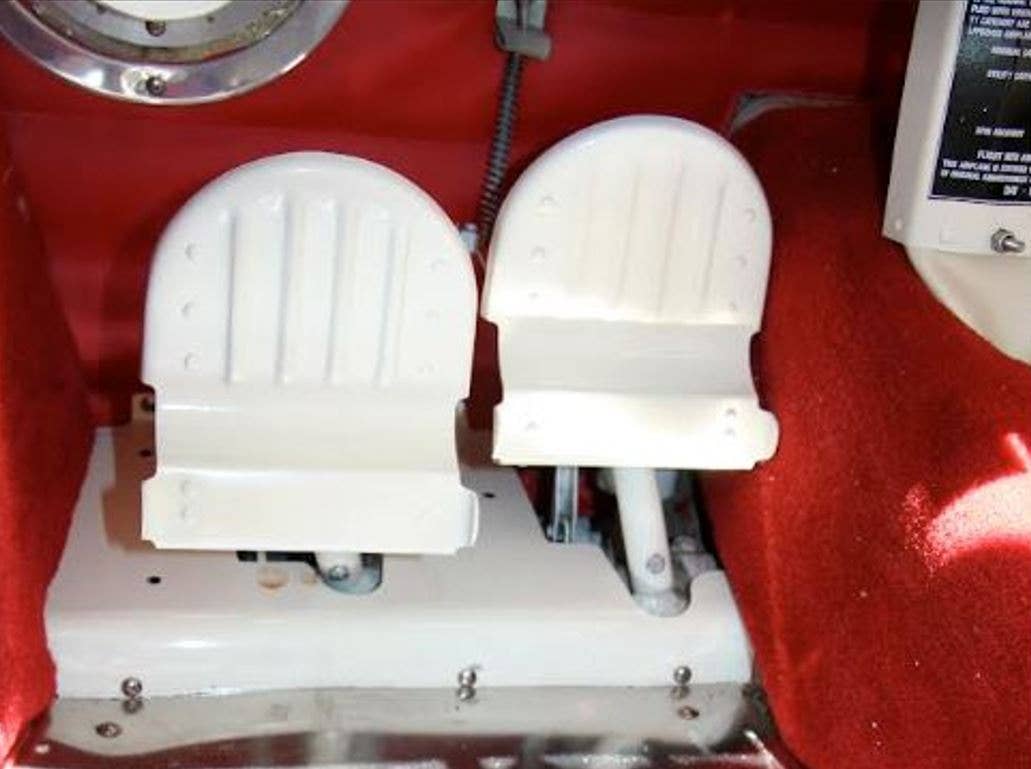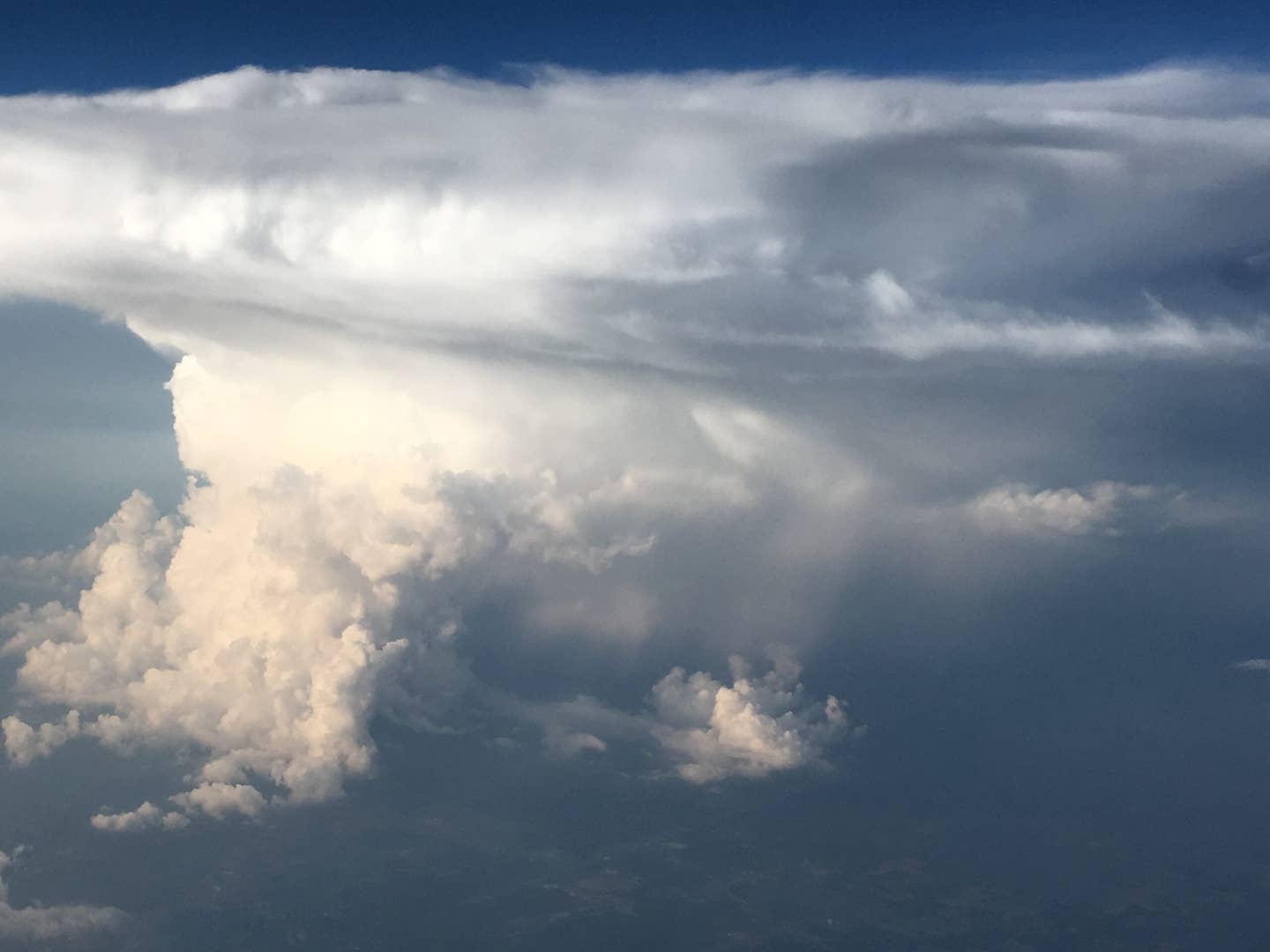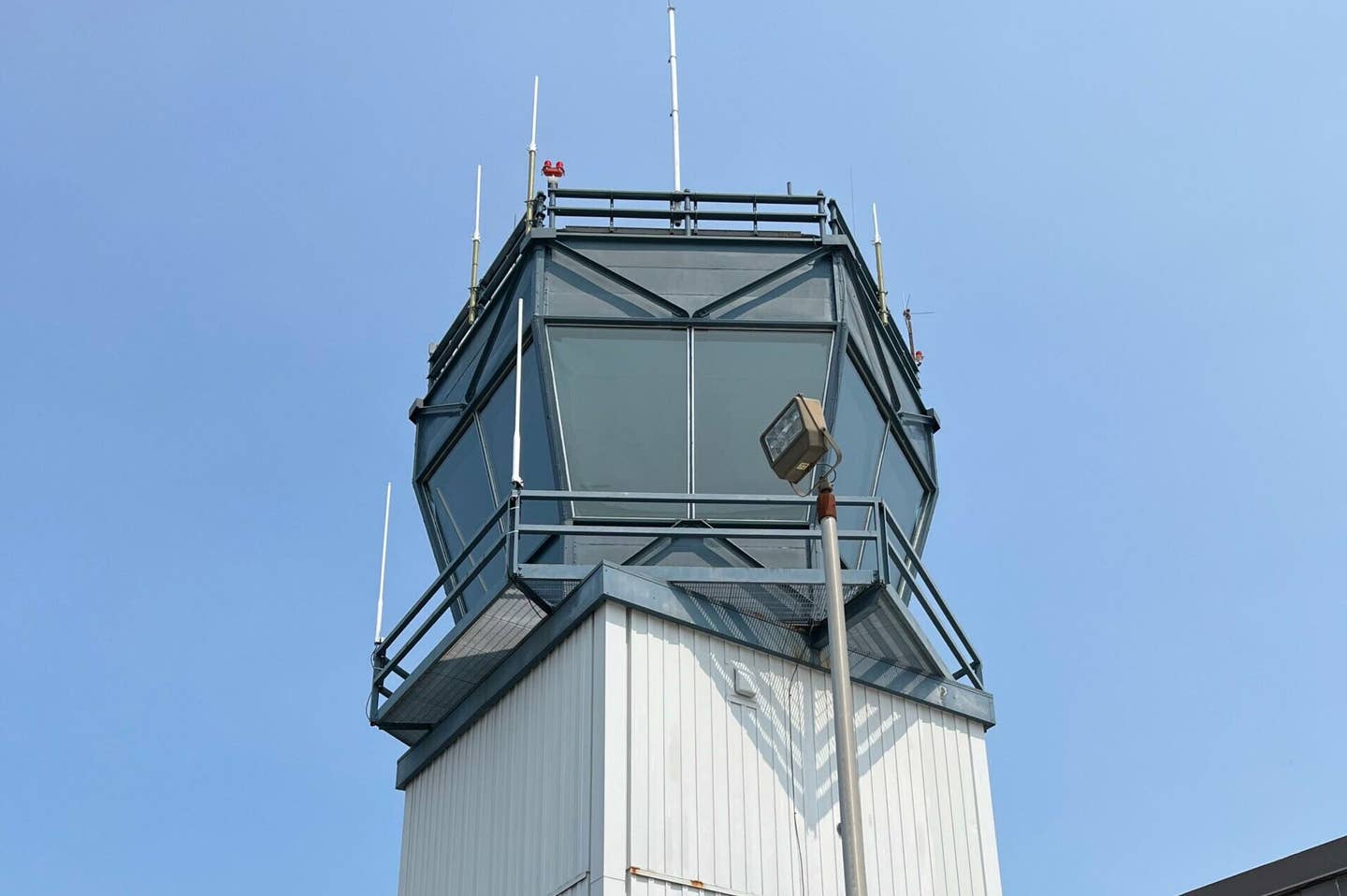A Guide for Retraining After Revocation
I am a flight instructor and have just been approached by a pilot who had his certificate revoked. He wants me to give him three hours of training and sign him off for the private pilot check ride so he can get his certificate back.
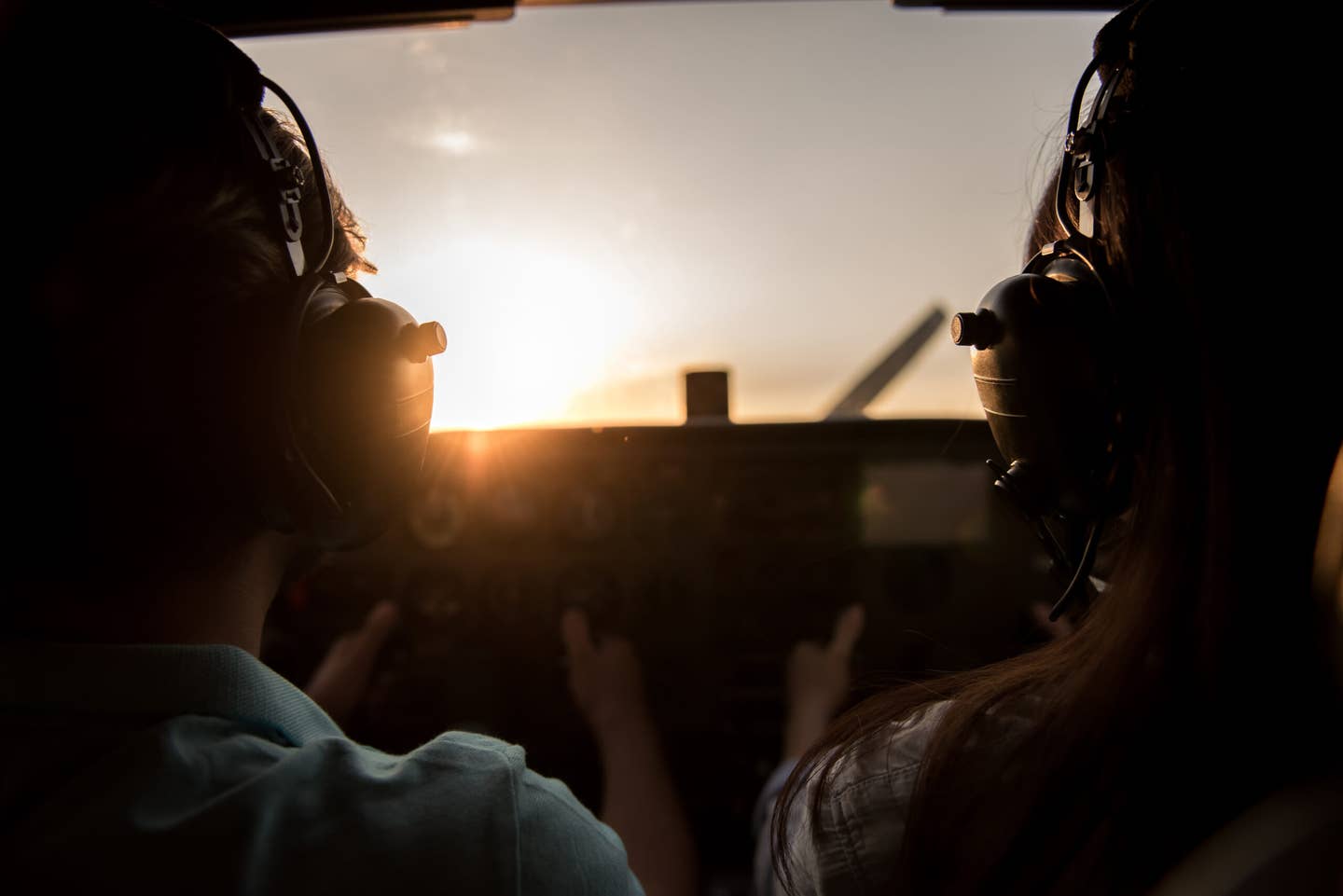
Retraining a pilot who had a certificate revoked comes with its own set of questions. [Shutterstock]
Question: I am a flight instructor and have just been approached by a pilot who had his certificate revoked. He wants me to give him three hours of training and sign him off for the private pilot check ride so he can get his certificate back. I went through his logbook and he had a commercial certificate and lots of hours. I asked to see the notice of revocation because I figure there has to be some guidance from the FAA on how to proceed, but the client said there isn't any paperwork. He said he lost his certificate because the FAA caught him flying with an expired sectional. Another time he said it was because he forgot his medical certificate. Do I need to know what he did that triggered the revocation before I can train him? The chief CFI at my school told me to fly with him but don't sign him off for solo.
Answer: For this one we checked with none other than FLYING contributor Martha Lunken, a defrocked FAA designated pilot examiner. In 2020 Lunken made the (poor) decision to fly under the Jeremiah Morrow Bridge near Cincinnati. The bridge is 239 feet high and spans the Little Miami River. A drone camera snapped an image of Lunken in the act, and a year later after a lengthy investigation, the FAA pulled her certificates and ratings. She has since regained her private certificate and instrument rating.
- READ MORE: My Life of Crime
According to Lunken, the errant pilot is usually grounded for a year, and that means no flight training during that time. The CFI who will be retraining the pilot needs to see the notice of revocation to know when it went into effect to be sure they are not violating the one-year, no-fly rule.
As far as the client's assertion there is no paperwork, Lunken scoffed at the notion, saying there is "a pile of paperwork from the FAA and their lawyers" when a certificate is revoked. The applicant will have to retake the knowledge test, which requires an instructor endorsement as well, and he will have to be re-soloed. The good news is previous hours logged for cross-country, night flight, etc., remain, so the applicant doesn't have to repeat all the training.
As far as the instructions to "fly with him but don't sign him off for solo flight," why would you fly with anyone seeking certification if you have no intention of endorsing them for solo flight?

Subscribe to Our Newsletter
Get the latest FLYING stories delivered directly to your inbox

